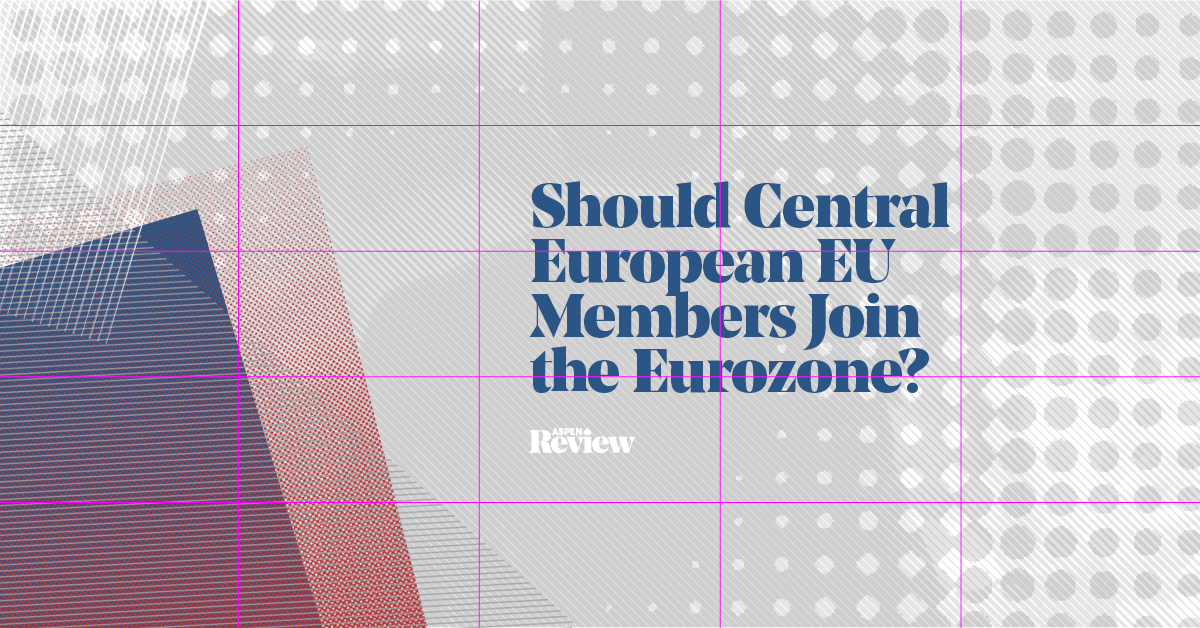Dear Readers,
Could the limits of human capabilities be expanded through technology and genetic editing? Does it sound too bold and presumptuous? Is it beyond imagination to improve not only human “software” via education and training but also human “hardware” via genetics and technology? What has been science fiction for some time now seems to be possible. Aleksandra Przegalińska, an expert on human-machine relations, explores a question whether and how can a robot be trusted by humans. With the line between organism and machine disappearing, it has become tempting for humans to become literally “hardwired.” Edwin Bendyk reminds us of Haraway’s socialist-feminist-cyborg manifesto from the ’60s that sparked imagination about epochal and planetary transformation and inspired creative semiotic attempts to shape a desired paradigmatic shift. Is a binary choice between the organic and the technological over? Recent giant advance in nanotechnology seems to prove the case. Co-development of humans and machines as “companions” or “cyborgs” could facilitate adaptation to technological progress. Notions like “enhancement” or “betterment” of human race ring a warning bell; Marek Vácha reminds us how eugenics led to death factories. Can we imagine social consequences of technological revolution under way? In an interview with a prophet of transhumanism, Zoltan Istvan, a concept of universal minimal income is debated. How would a free society deal with the resistance of “unadaptable individuals?” To quote Bendyk: “There is no escape, but there is a possibility of fighting.” Resistance could stem from rather unexpected corners, for example by making a strong case for “a right to be offline.”
We keep following the developments in Central Europe by an interview with elderly Austrian statesman, Erhard Busek. György Schöp in provides an insight into Fidesz’s election campaign narrative. Aleksander Kaczorowski points to a choice between Mitteleuropa or Charlemagne, as one of the challenges for German European policy rests in the balance between relations with Macron’s France in the West and its neighbors in the increasingly obscure East, demonstrated in this issue by Robert Anderson’s anatomy of Central European strongmen, former Prime Ministers of Slovakia, Mečiar and Fico. In Aspen Review we will continue to examine political leadership style with the values of free world and an open and democratic society.
Stay tuned to ideas around Aspen Institute!


